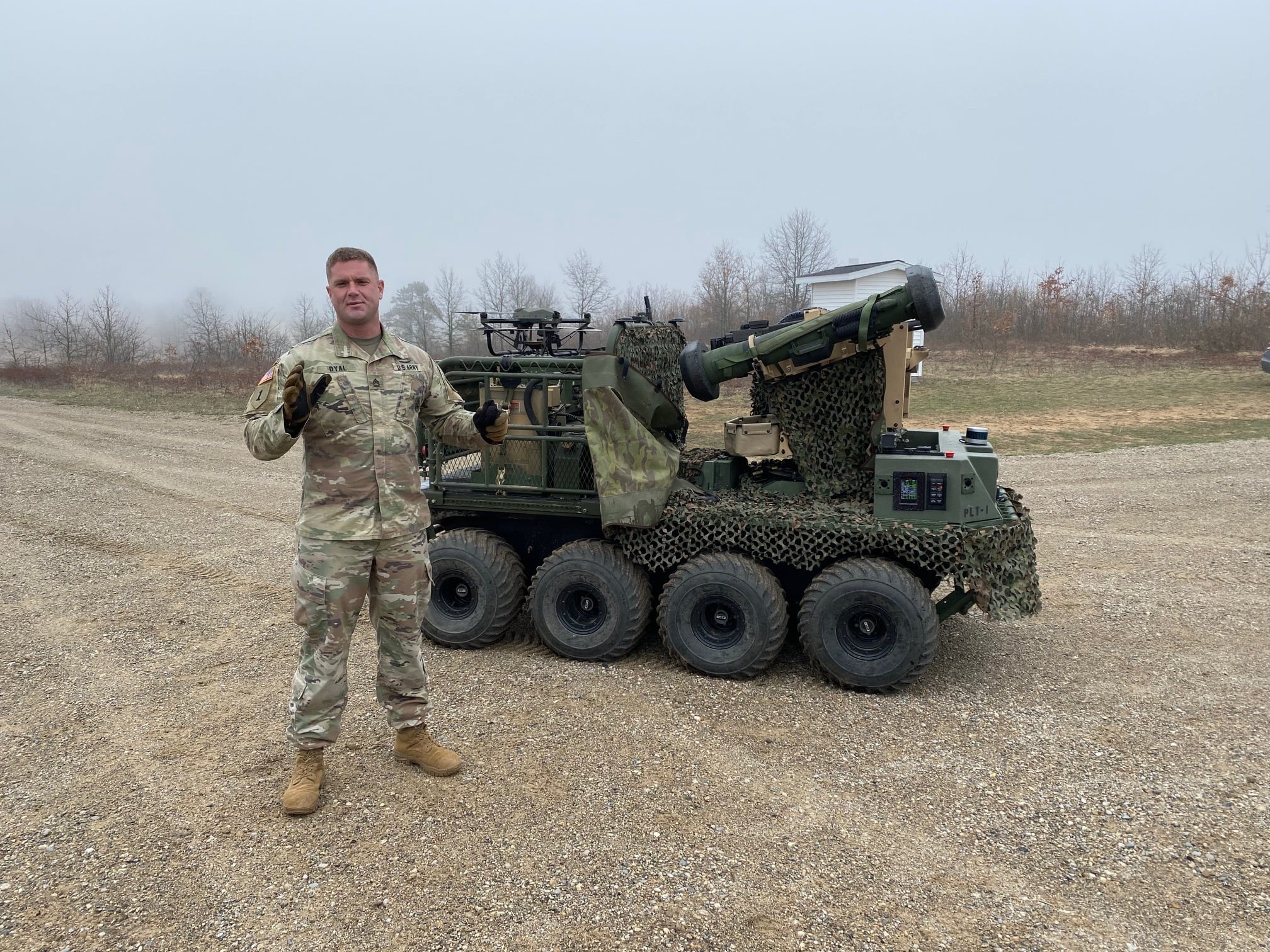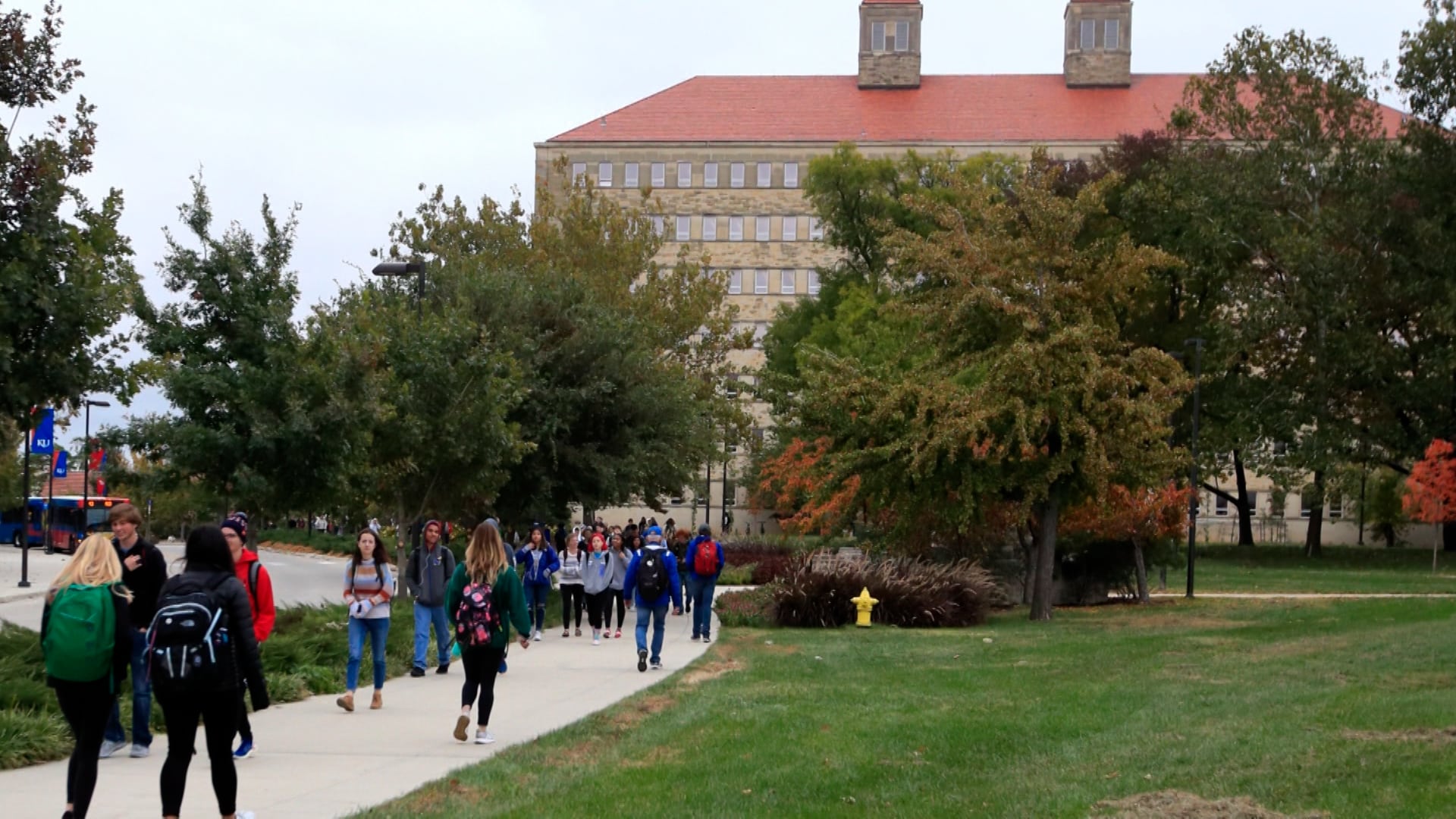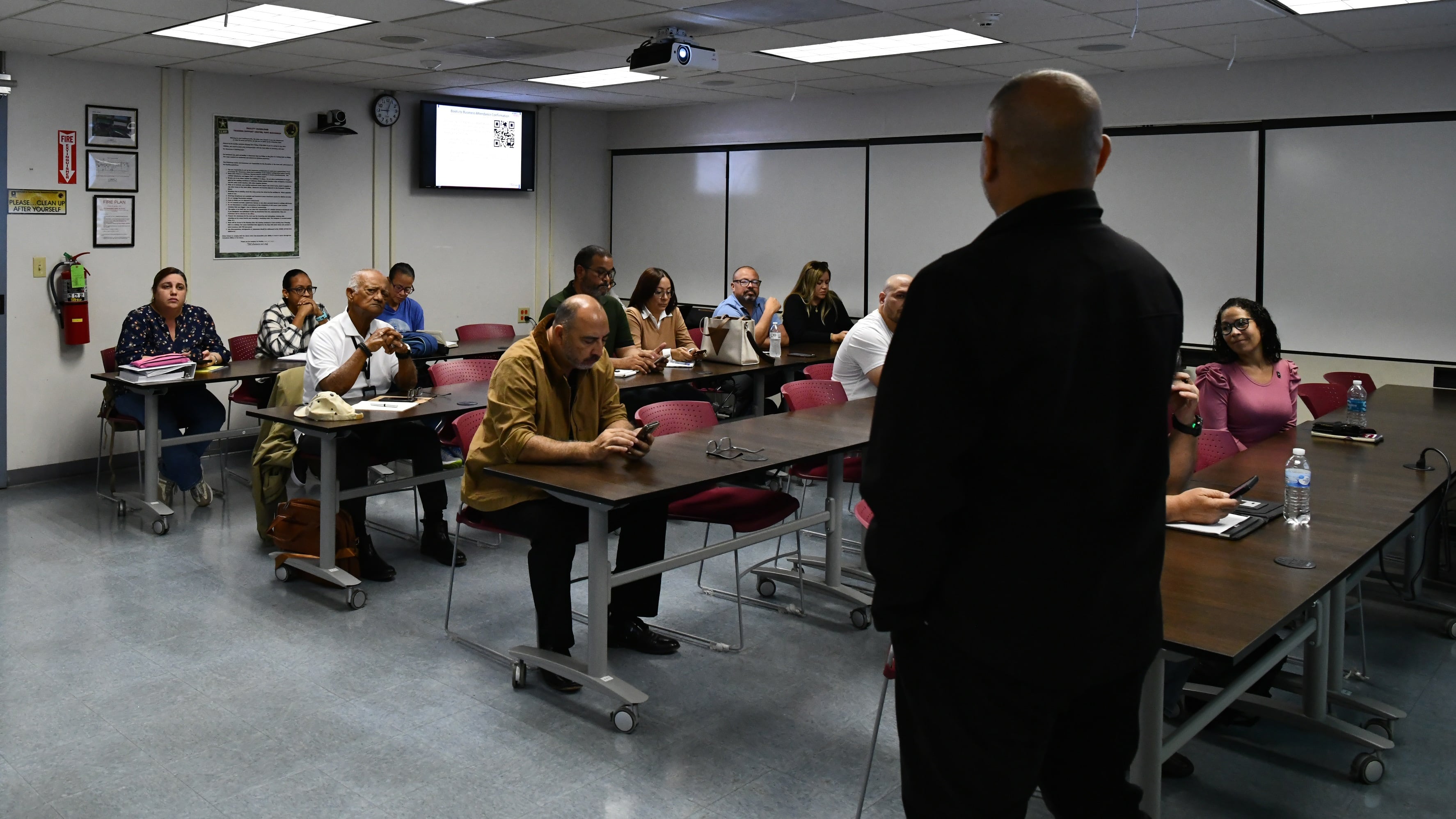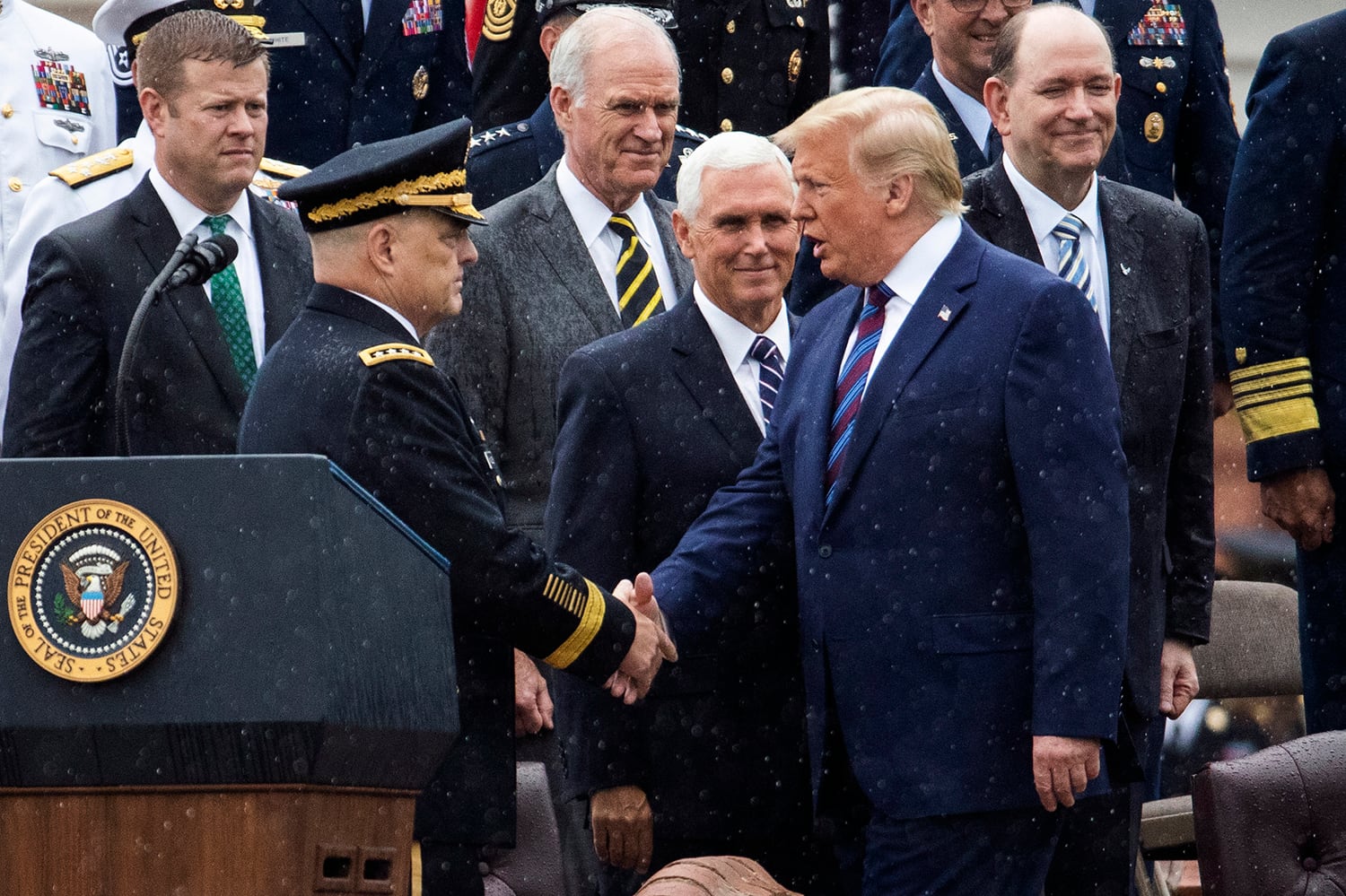WASHINGTON — The U.S. Army selected McQ, Textron Systems, General Dynamics Land Systems and Oshkosh Defense to build light robotic combat vehicle prototypes for a total of nearly $25 million, the service said Sept. 20.
The companies have until August 2024 to build the prototypes and deliver them to the Army for testing and evaluation with soldiers. This marks the first phase of a competition planned to eventually become a program of record.
The selected companies “will concurrently mature and deliver integrated system designs towards Army requirements for a lightweight, modular and upgradeable robotic combat vehicle,” the Army’s statement said. “The RCV-Light will deliver increased situational awareness, lethality, and tactical options for Army formations in support of multi-domain operations.”
Variants of the vehicles will serve as scouts or escorts for manned fighting vehicles, the service added.
The Army is expected to choose a single winner in the second phase of the competition in fiscal 2025 to deliver up to nine prototypes the following year. The service has a production decision slated for FY27; fielding to the first unit is set for FY28.
Bringing the RCV-L capability to the force will provide the service with integrated teams of robots and soldiers. “Human-machine integrated teams are the future of successful ground combat in the land domain,” Brig. Gen. Geoffrey Norman, director of the Next Generation Combat Vehicles Cross Functional Team, said in the statement.
“This marks the official transition for us out of experimentation and movement to a fieldable RCV platform prior to 2030,” Steve Herrick, the Army’s product manager for RCV, said in the statement.
The RCV-L competition is a product of lessons learned through surrogate prototyping and operational experimentation at the National Training Center at Fort Irwin, California.
Robotic vehicle surrogate prototypes have been in soldiers’ hands since 2022, the Army said. A rotation with the systems wraps up at NTC this month.
QinetiQ North America won a contract in early 2020 to provide those surrogate RCV-L prototypes.
According to FY23 budget documents, the Army plans to spend nearly $750 million over the next five years on the RCV-L effort.
Meanwhile, the Army will also work on RCV autonomous software development over the next two years with the Defense Innovation Unit.
Jen Judson is an award-winning journalist covering land warfare for Defense News. She has also worked for Politico and Inside Defense. She holds a Master of Science degree in journalism from Boston University and a Bachelor of Arts degree from Kenyon College.





